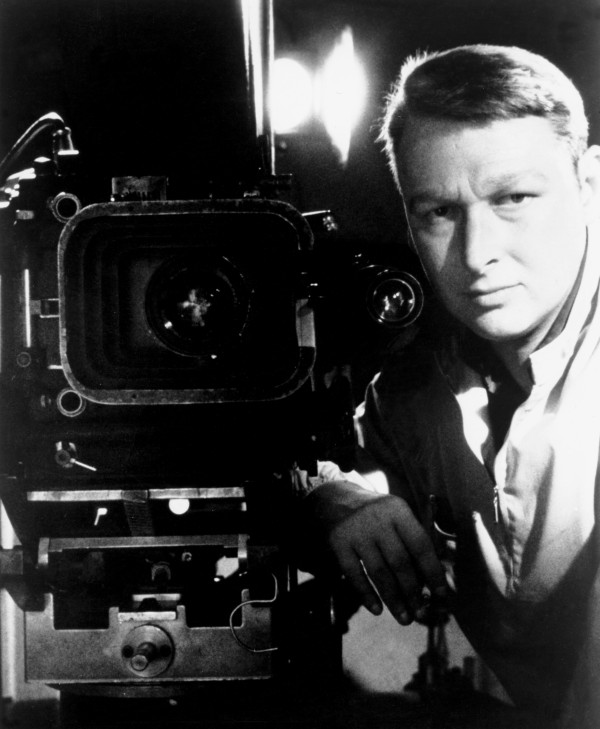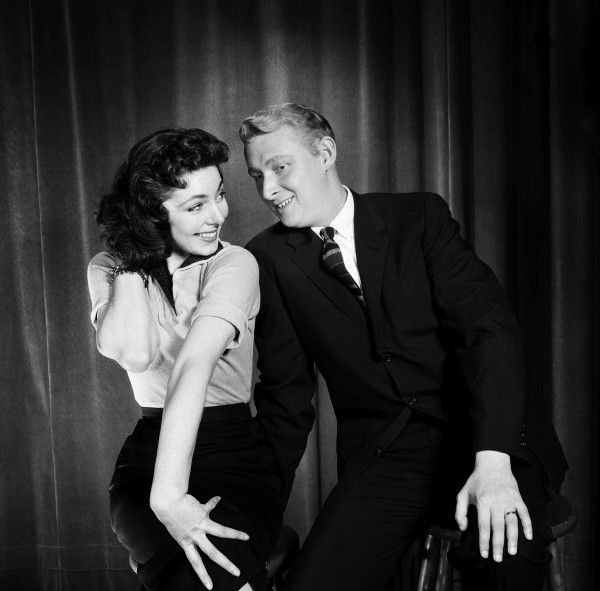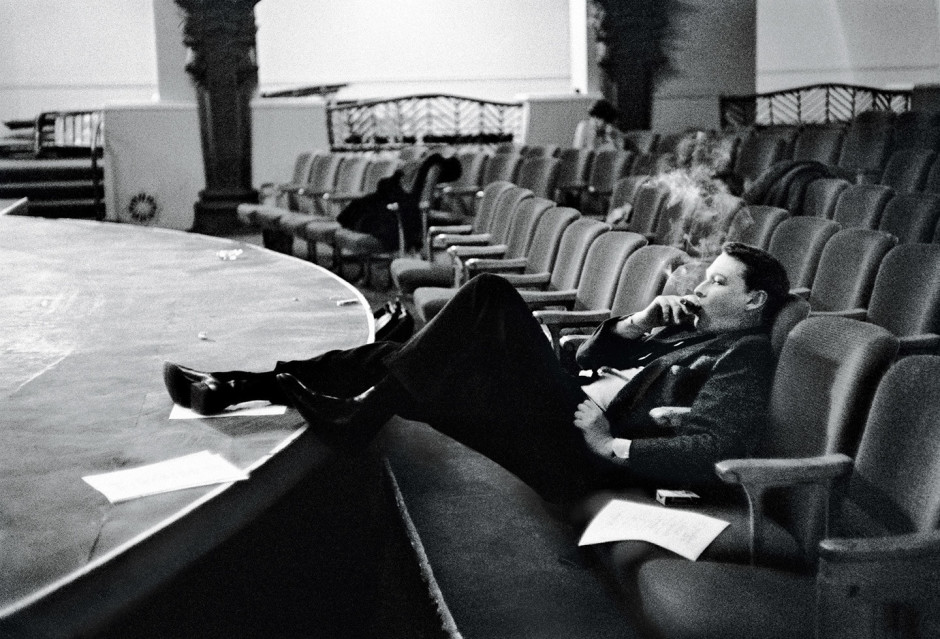The late Mike Nichols was a man for all seasons. In an illustrious 50-year career, which ended with his death in 2014, he was an actor, comedian and movie director.
Nichols, who was equally at home in theatre as in film, is the subject of a documentary scheduled to be broadcast by the PBS network on January 29 at 9 p.m. (check local listings). Mike Nichols: American Masters is directed by Elaine May, who was Nichols’ partner in an acclaimed comedy duo.

This is not a conventional biopic. Supposedly the first documentary about Nichols, it’s an extended talking head, with contributions by associates and performers he directed in movies. Among them are Tom Hanks, Meryl Streep, Dustin Hoffman and Tony Kushner, who have plenty to say about him.
Sitting against a black background, Nichols talks, jokes and reminisces. It’s virtually a one-man show. Forget the usual file footage and the stentorian tones of a narrator. Nichols fills the void intelligently and through charm. As Streep correctly suggests at one point, “You’re in the best of hands” with Nichols.

Nichols was born in Berlin in 1931, two years before the Nazi seizure of power. His real name was Mikhail Igor Peschkowsky. The son of a Russian Jewish doctor, he left Germany when he was seven years old. By then, as he recalls, he had tasted the bitter whiff of Nazism. Before boarding the ship that would bring him to the United States, he was forced to listen to a radio speech by Adolf Hitler, the dictator who had forced his family out of Germany.
Skimming over his earliest years in New York City, Nichols hops, skips and jumps to his student days at the University of Chicago, where he missed classes in order to pursue his interest in theater and acting.
Without any elaboration, the film turns to his successful partnership with Elaine May. Masters of comedic improvisation, the pair took Broadway by storm. Nichols claims he was surprised by the uniformly positive reviews of critics.

When they parted ways, Nichols turned his talents to the theater, directing Neil Simon’s first play, Barefoot in the Park. Nichols was now in his element.
Three years later, in 1966, Nichols directed his first movie, Who’s Afraid of Virginia Woolf? As he looks back at that period, he recounts an hilarious story about a meeting he had with studio mogul Jack Warner.
In 1967, Nichols directed The Graduate. After watching the final cut at a special screening, the producer Joseph Levine said, “I smell money.” He was right, of course. As he continues chatting, Nichols takes pride in having selected an unknown actor to play the lead role in Carnal Knowledge — Jack Nicholson.
With two consecutive film flops tarnishing his reputation, Nichols retreated from Hollywood to go back to his old love, the theater. But after a seven-year absence, he returned to direct Silkwood, which restored his luster. No egomaniac, Nichols says that even the best director can’t succeed unless he’s blessed with a solid script.
Colleagues and friends alike remember Nichols’ penetrating intelligence. “He was super duper intelligent,” observes actor Matthew Broderick. “He was right nine out of 10 times,” comments Neil Simon.
As the playwright Tony Kushner notes, Nichols’ movies reflected societal changes in the United States. “He had an outsider’s perspective of American culture,” he says.
This is a debatable proposition, but no one doubts that Nichols earned a central place in the pantheon of American entertainment. As will be recalled, he won one Academy Award, a Grammy, four Emmys and nine Tonys.
Not bad for a Jewish refugee from Nazi Germany.
